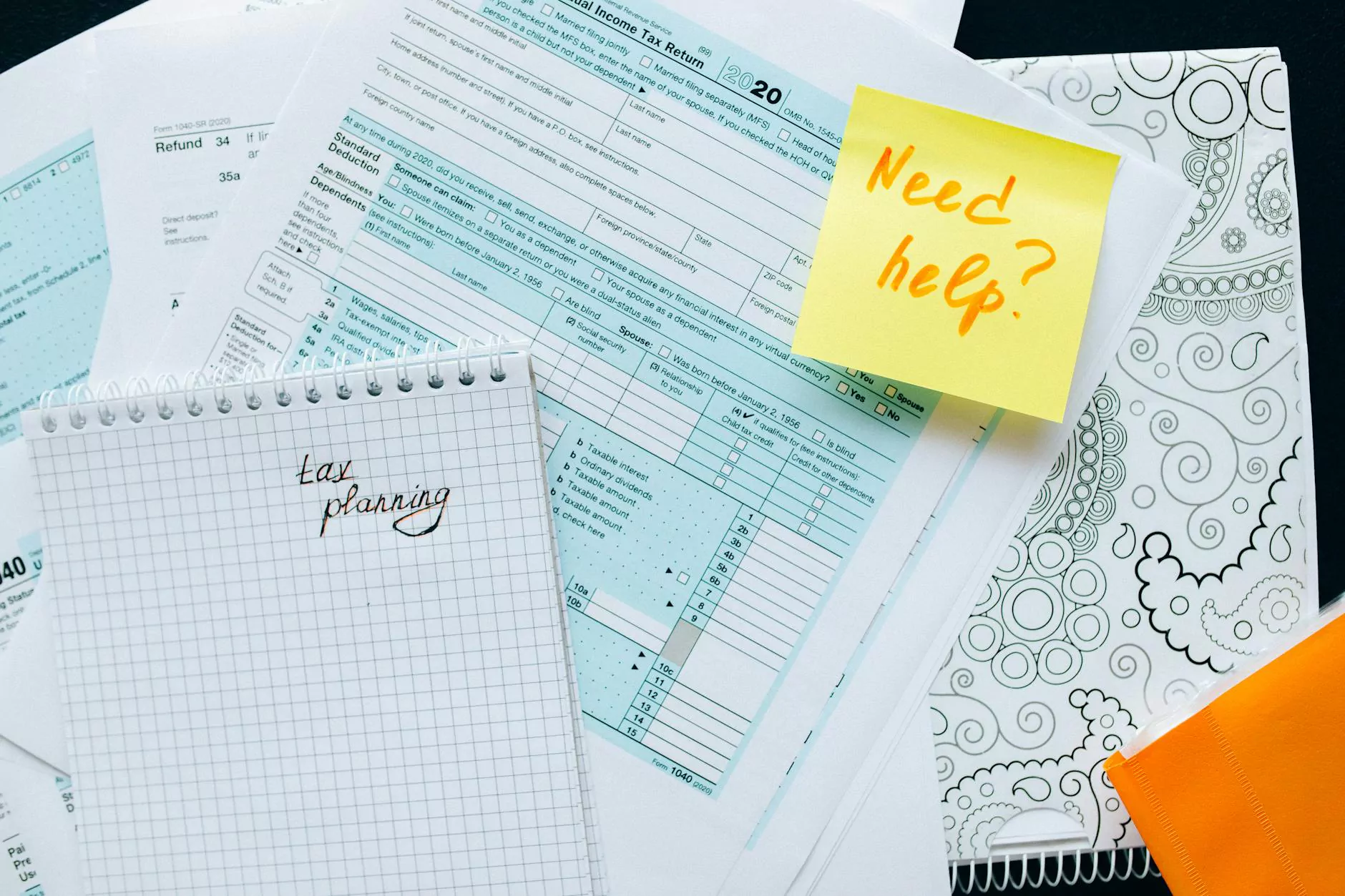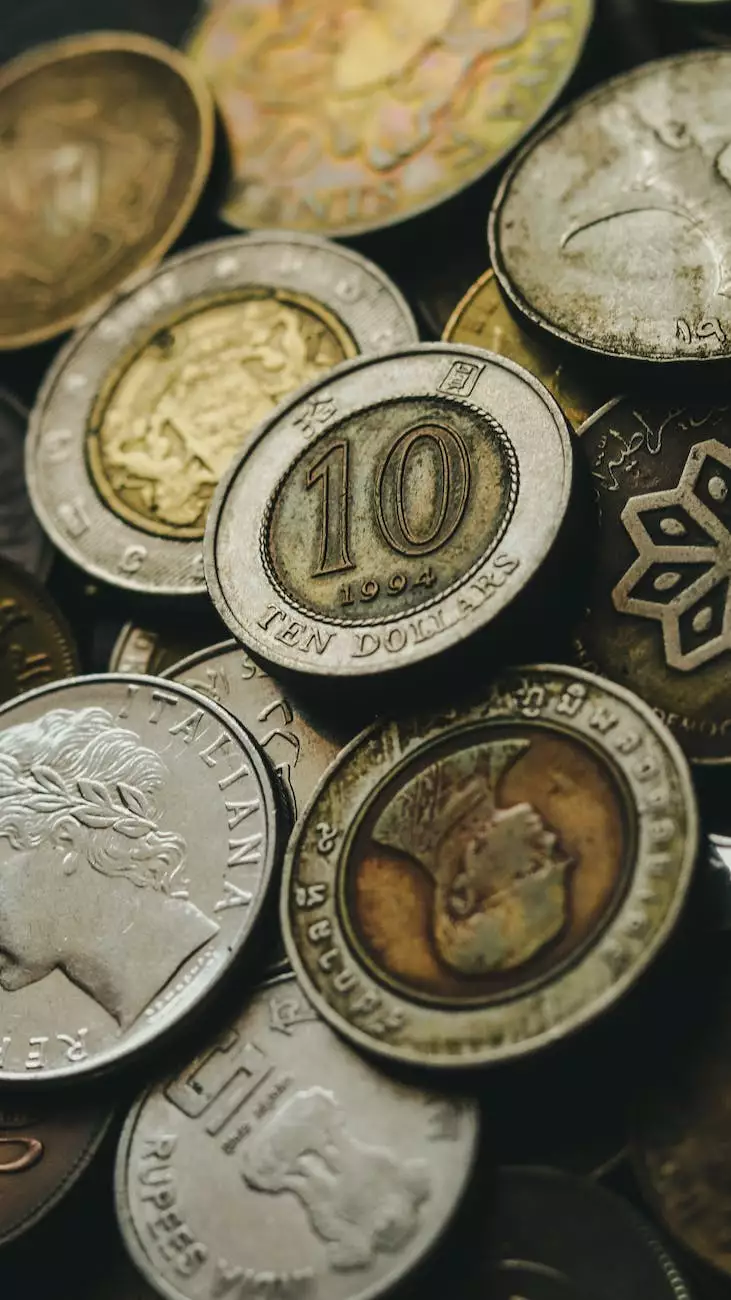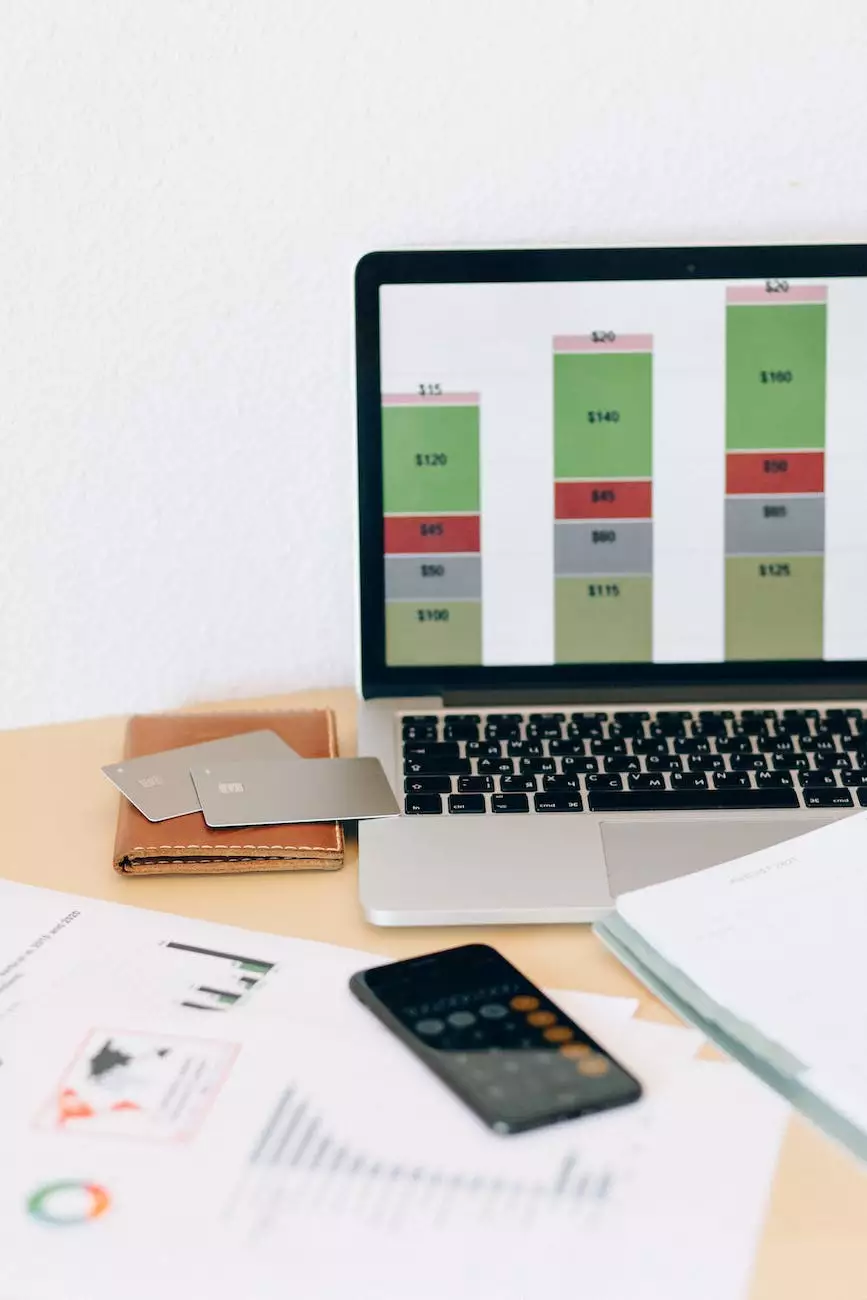Why an emergency fund should be part of your financial plan
Blog
Introduction
Welcome to I Am Future Proof, your trusted source of financial advice in the Finance - Insurance category. In this comprehensive guide, we will discuss why having an emergency fund is a crucial component of any well-rounded financial plan. Whether you are already familiar with the concept or just starting your financial journey, understanding the importance of an emergency fund is key to securing your future.
What is an emergency fund?
An emergency fund is a financial safety net that helps you cover unexpected expenses and unforeseen life events. It is a pool of liquid assets, typically held in a separate savings account, that you can tap into when faced with emergencies such as job loss, medical bills, car repairs, or home maintenance.
The importance of an emergency fund
1. Financial security: Having an emergency fund provides you with a sense of security. It ensures that you will not be caught off guard when unexpected expenses arise, allowing you to maintain stability in your life and avoid going into debt.
2. Protection against debt: Without an emergency fund, you may be forced to rely on credit cards, loans, or other forms of debt to cover your expenses in emergencies. This can lead to high interest charges and financial stress. An emergency fund acts as a buffer, protecting you from accumulating debt and the associated financial burden.
3. Peace of mind: Knowing that you have a dedicated fund to rely on during challenging times brings peace of mind. It allows you to focus on other aspects of your life without the constant worry of how you would handle unexpected financial shocks.
How much should you have in an emergency fund?
It is recommended to have at least three to six months' worth of living expenses saved in your emergency fund. This amount can vary depending on your financial situation, such as the stability of your income, your monthly expenses, and any additional financial responsibilities.
Building an emergency fund
1. Set a savings goal: Start by determining how much you need to save in order to reach your desired emergency fund amount. Consider factors such as your monthly expenses, debt obligations, and long-term financial goals.
2. Create a budget: Analyze your income, expenses, and spending habits to identify areas where you can cut back and allocate more funds towards saving for your emergency fund. Create a realistic budget that allows you to save consistently over time.
3. Automate savings: Set up automatic transfers from your primary bank account to your emergency fund account. This ensures that a portion of your income is automatically saved, making it easier to stick to your savings plan.
4. Minimize unnecessary expenses: Identify and reduce expenses that are not essential to your everyday life. Small sacrifices in discretionary spending can add up to significant savings in the long run.
Maintaining your emergency fund
1. Avoid temptation: Remember that your emergency fund is not meant to be used for non-emergency purposes. Resist the temptation to dip into your savings for discretionary expenses and remain committed to its intended purpose.
2. Regular check-ins: Periodically reassess your emergency fund to ensure it aligns with your current financial situation. Adjust your savings goals accordingly and continue building your fund over time.
3. Replenish after use: If you need to use your emergency fund, make it a priority to replenish it as soon as possible. Maintain a steady savings practice to ensure that you have adequate funds available for future emergencies.
Conclusion
Building and maintaining an emergency fund should be an essential part of everyone's financial plan. It provides a safety net, protects against debt, and brings peace of mind during challenging times. By following the steps outlined in this guide, you can take control of your financial future and be well-prepared for any unexpected events that come your way. Remember, at I Am Future Proof, we are here to help you every step of the way.










